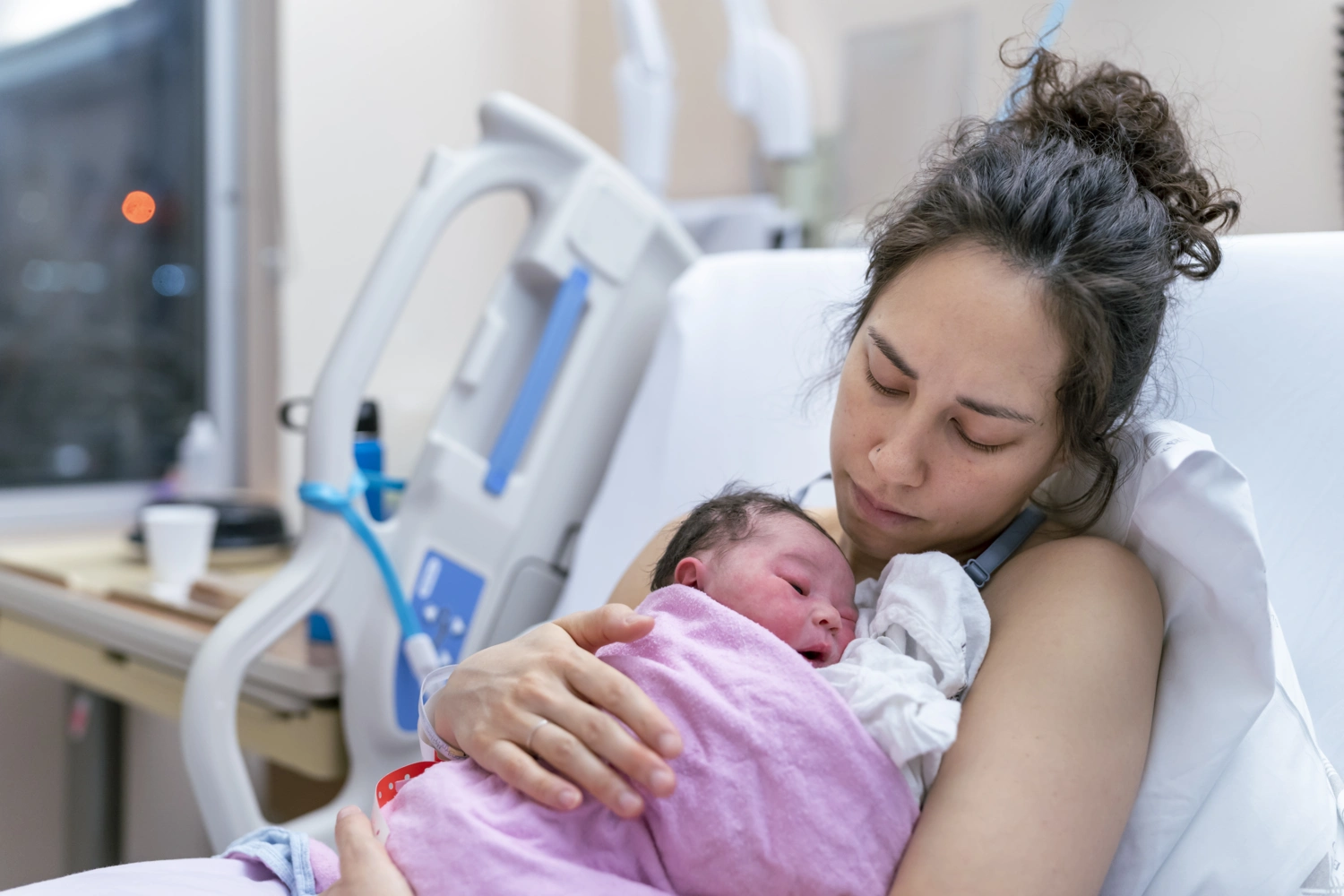
is a Senior Research Fellow in the Diabetes and Vascular Medicine Lab. He is new to the Baker Institute and to Melbourne, having moved from Sydney just over three months ago. One word that frequently comes up in conversation with Michael is innovation. We find out how that’s driving both his career and interactions with his young son.
You’ve covered a wide array of areas in your career from bioinformatics, pathology and research into multisystem mitochondrial disease. Now you’re focussed on diabetes research. How does this multidisciplinary perspective serve you?
At the time of my undergraduate bioinformatics training, the term ‘multidisciplinary research’ was not yet as widespread as it is today, and certainly wasn’t my focus. I was drawn to the degree as it was a perfect combination of my interests at the time in computer science and biology. From there, I realised when you have good knowledge of disparate disciplines, it is like you are a multilingual who speaks the language of different sciences; as such, you have a better overview of a complex biological problem, where you can often devise innovative solutions. Therefore, my subsequent PhD and postdoc research always had a focus on identifying and at least partly filling my knowledge gaps. This journey brought me from bioinformatics to molecular biology, biochemistry, pathology, translational and preclinical research, and now, working with my mentor and other clinicians here at the Baker Institute, learning about clinical research!
We know doing a PhD is tough. You said you’ve had to figure out quite a lot on your own. Tell us three things that you wish you had known during your PhD.
- Mentorship: Having a good mentor(s) who has your interest at heart can help you navigate through the ups and downs of your PhD. Mentors can be from any level of seniority or even from different fields and can also be informal. This is a great way to learn from experienced individuals. I have been fortunate to have excellent mentors from collaboration as well as through associations such as ACvA. Baker Institute also has an excellent mentorship program! Mentorship can also be mutually beneficial to both mentors and mentees, as I have learnt from my own mentees!
- Be involved: Get involved in organisations and societies relevant to your research, which often have early career committees that you can volunteer for. Through these involvements you can voice concerns of early career researchers (ECR) to help others and build networks with other ECRs in the same field. My participation in the NSW Cardiovascular Research Network has been very rewarding.
- Keep learning: Never stop learning. Keep up to date with literature. Always consider ways to improve what you are doing. “We’ve always done it this way” doesn’t mean it’s the only or right way.
We understand you are soon heading to Glasgow to undertake training with the European Association for the Study of Diabetes. Tell us more.
I am very excited that I have been accepted into the 29th EASD Scientists Training Course at the University of Glasgow. This is a week-long course aimed at promoting new scientists to the field of diabetes research to foster diabetes research globally. I am thrilled to be one of 12 admitted into this course, and this is very suitably timed as I am relatively new to diabetes research! The program will involve discussion of my project with peers and esteemed faculty and mentors, and an opportunity to visit the laboratories and research facilities of renowned leaders in diabetes research, such as Professor John Petrie from University of Glasgow.
Your lab is the first to pursue certification as a ‘My Green Lab’. How is this impacting your everyday decision making in the lab?
The My Green Lab initiative was adopted by my mentor, Professor Alicia Jenkins, who is a My Green Lab Ambassador and conscientious of the sustainability in research. When our lab was assessed for the first time in August, we scored 85% in the top ‘Green Tier’. We’ve worked closely with professional support teams throughout our assessment process and found that in fact many of the “green practices” were already in place at the Baker Institute. A big surprise was that only a few more conscientious green choices need to be implemented to further improve our lab’s assessment, which we are working on before our next accreditation assessment. I am noticing more lab suppliers are denoting their products being sustainably sourced/produced. This is great that we can all do our part to reduce our footprint.
On moving your family to Melbourne, you say one of the things that has impressed you is the innovative parklands. Explain.
One of our concerns relocating to Melbourne was how our 3-year-old son will cope with the move and being away from the rest of the family, and friends that he’s made in childcare in Sydney. We are glad that he is settling quite well in his new childcare, but an aspect that I believe helped substantially is that he is enjoying all the interesting “thematic” playgrounds dotted around Melbourne. Every playground is unique. These are very different to the commercial, dime-a-dozen playgrounds that we were used to seeing. We try to bring him to a new playground every weekend, which also served to help us explore the city. Of note, my son also likes to go to the Fawkner Park playground opposite the Institute, probably because he knows it is close to daddy’s work!








